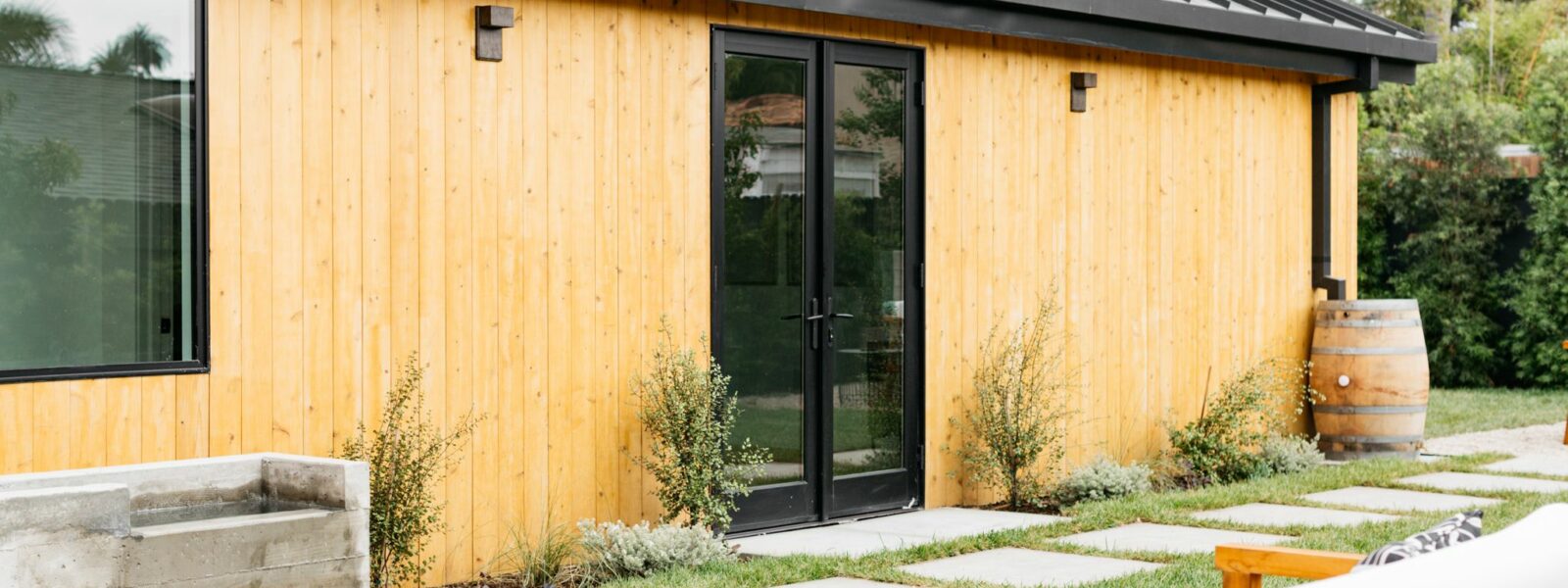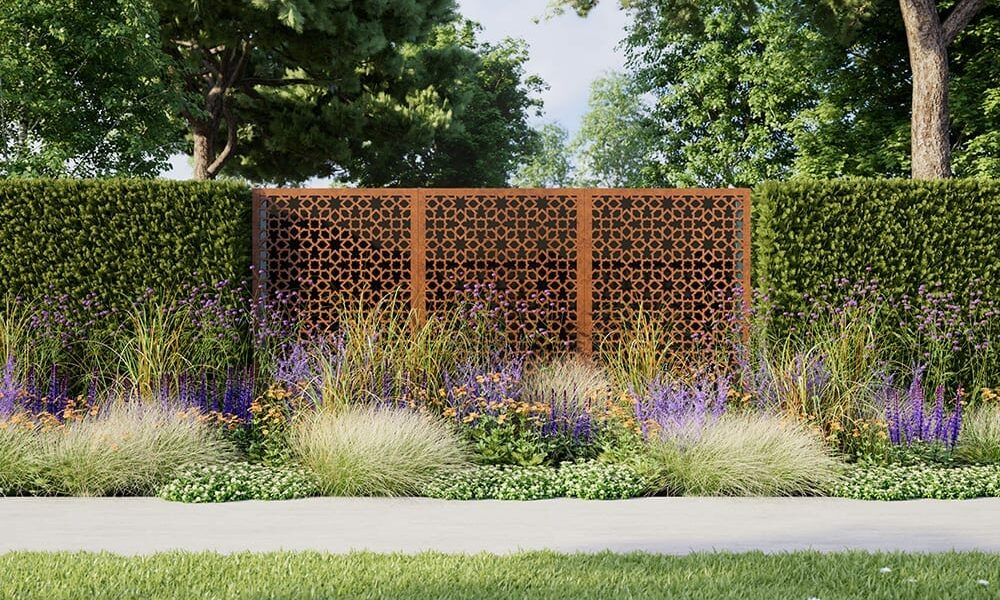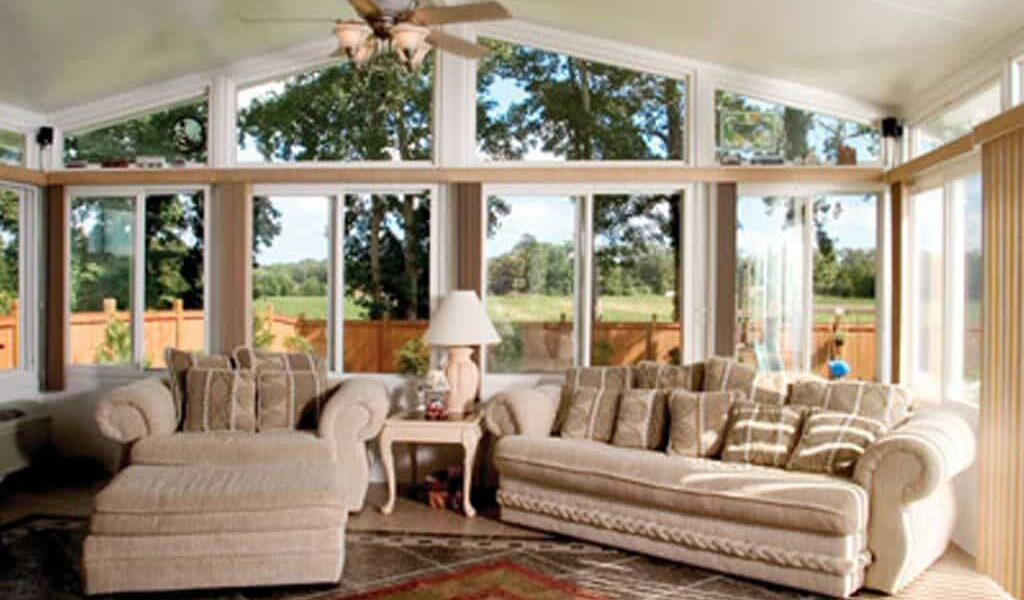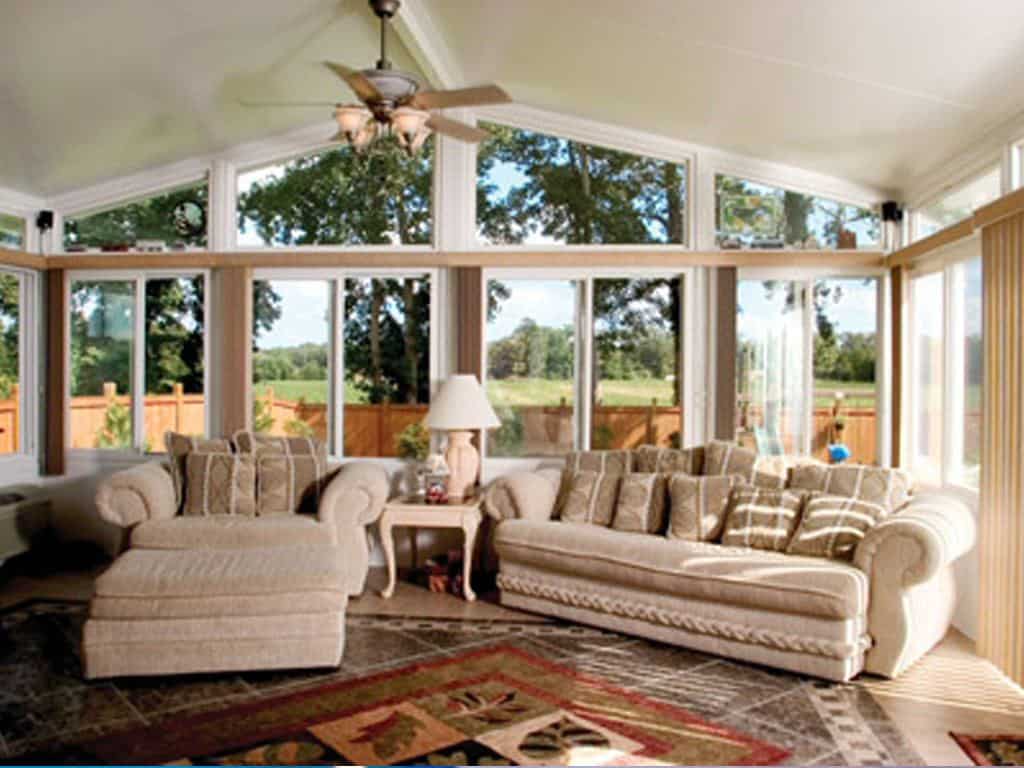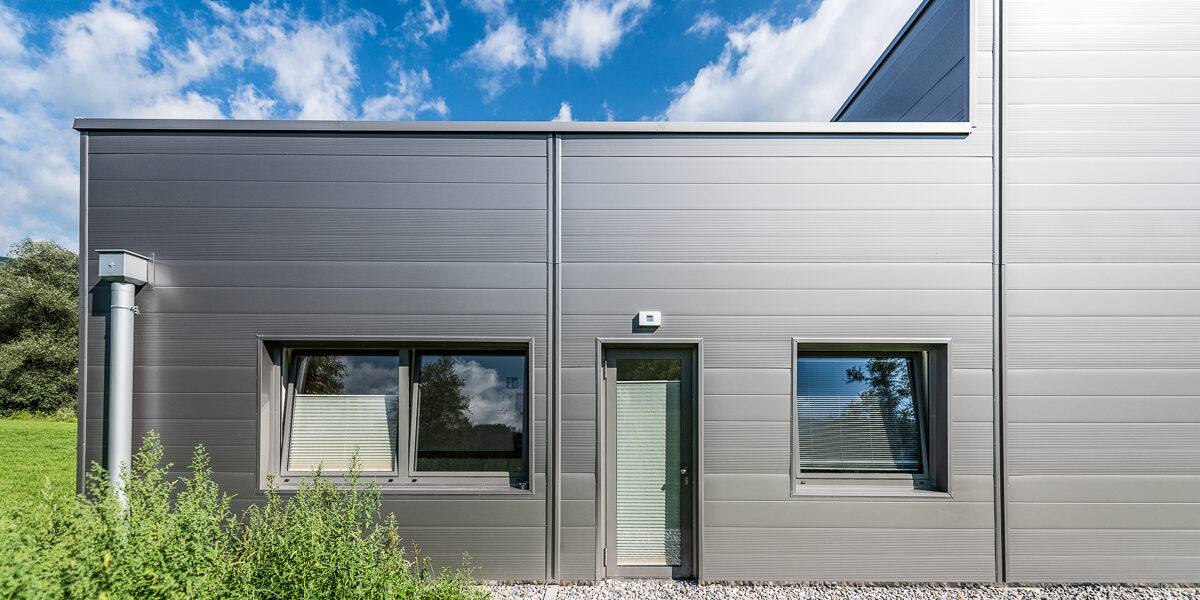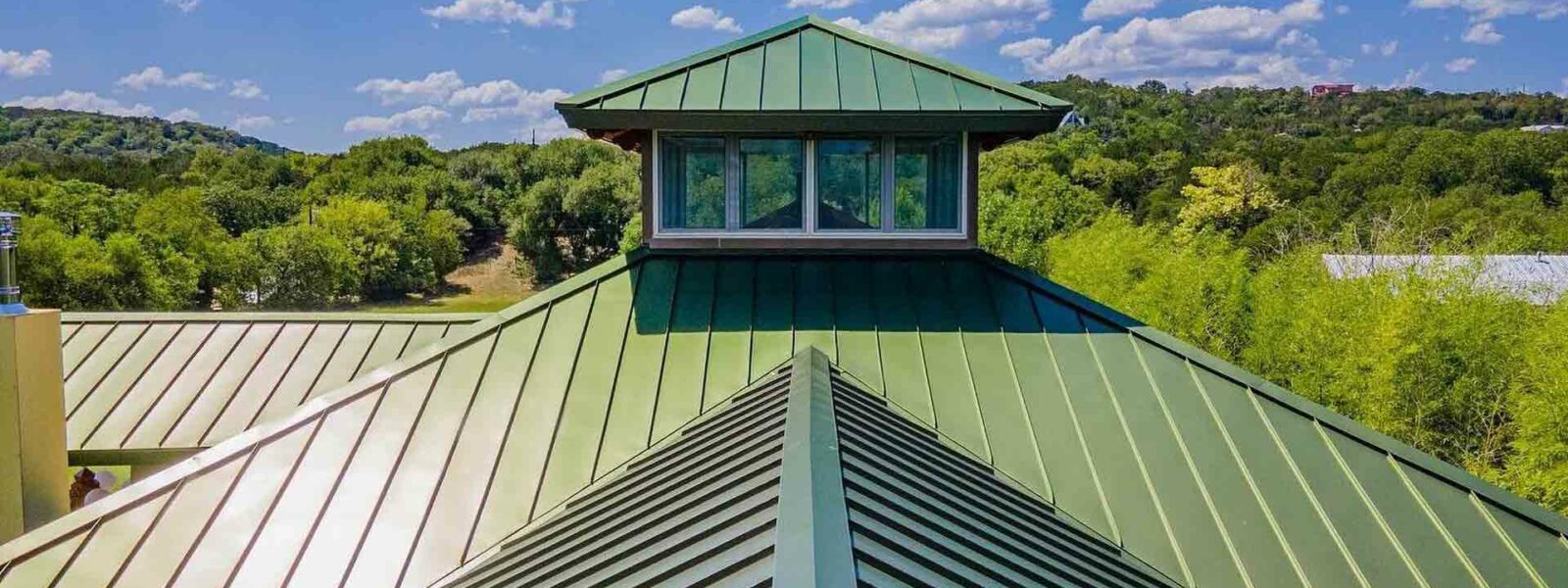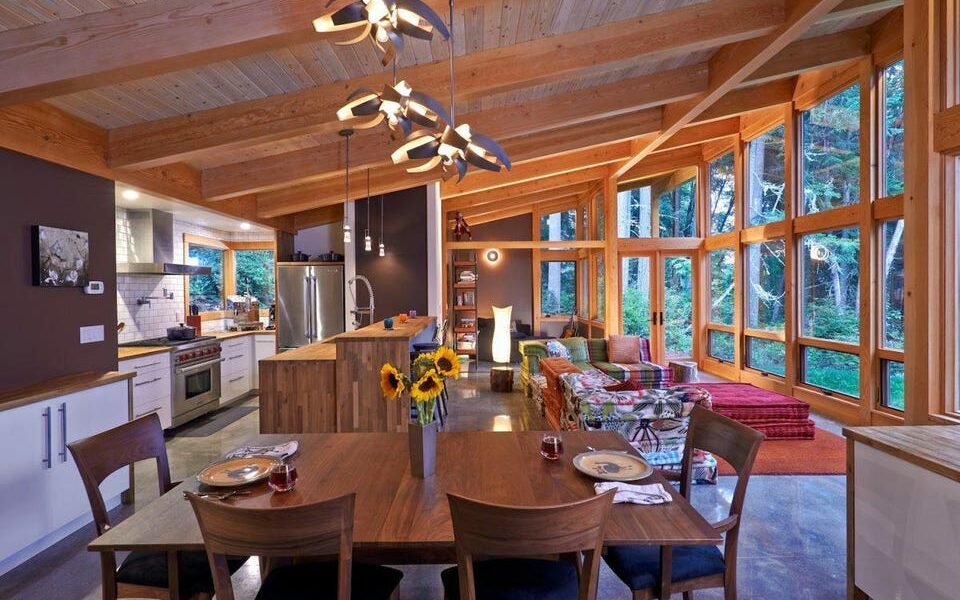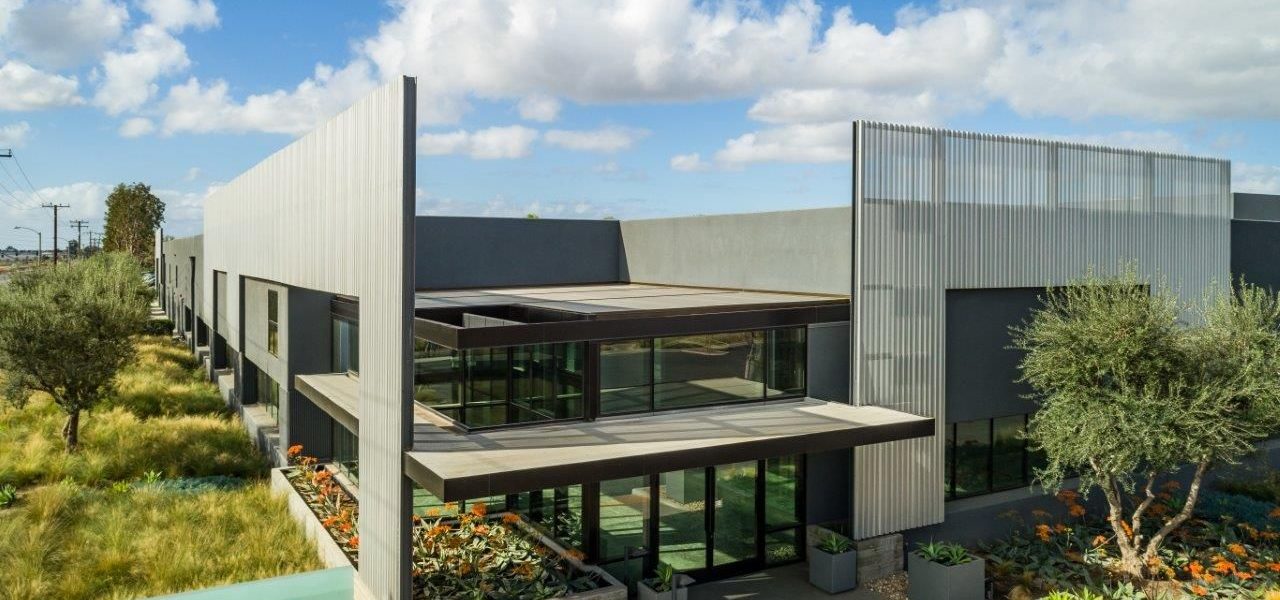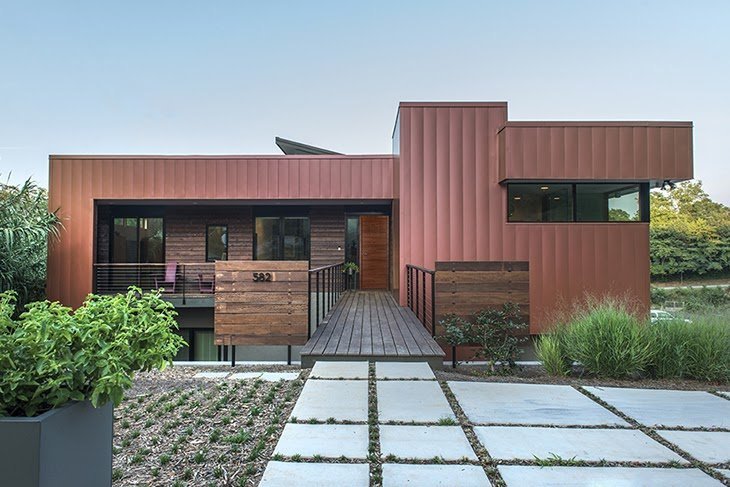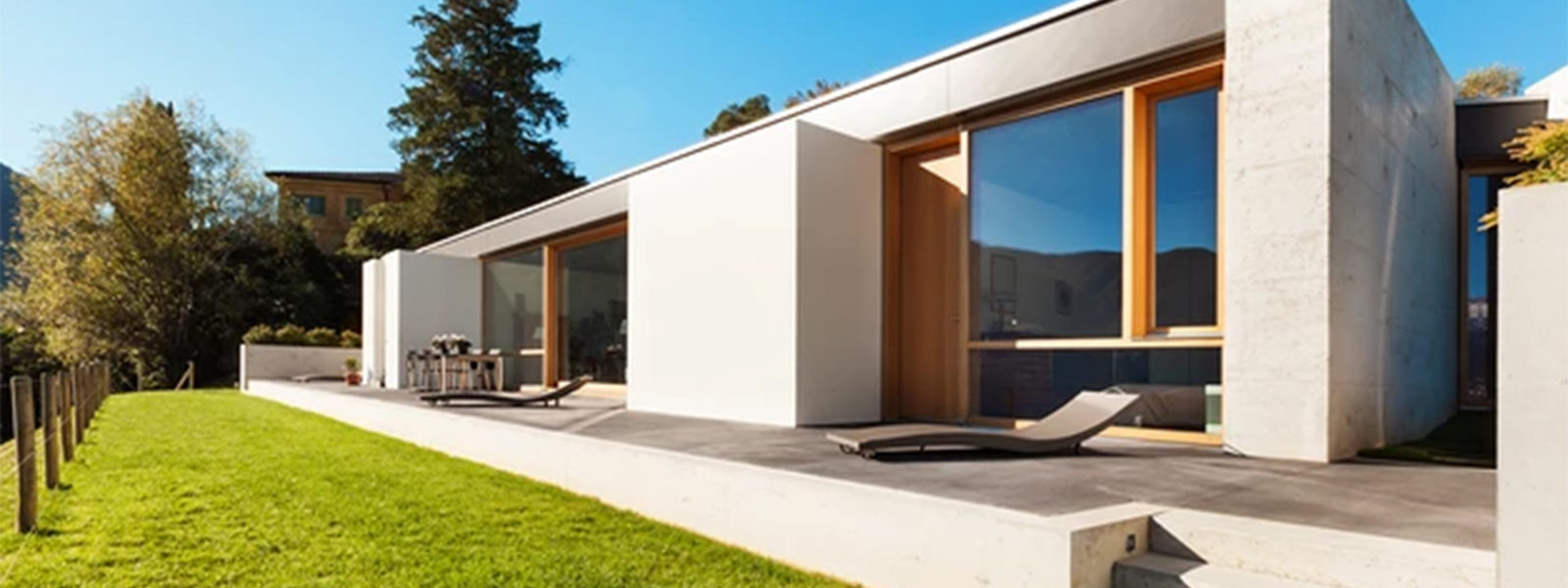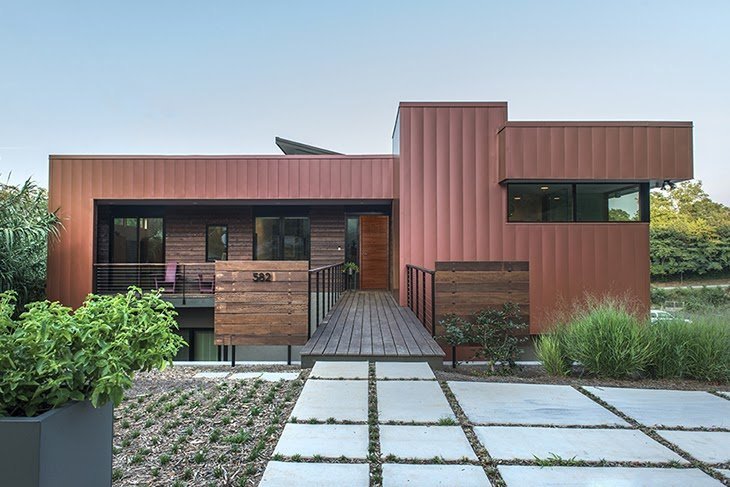If you are searching for a smart property investment, you may wish to consider a metal roof. Known for their energy efficiency, extensive lifespan, and incredible durability, metal roofs are also a great way to increase your home’s value. So how exactly does a metal roof maximize the value of your home?
Higher Home Value Matters
The benefits a metal roof has for your home’s resale value is two-fold. For starters, potential homebuyers always prefer a home that boasts a newer roof. Secondly, surveys have shown that metal roofs can improve a home’s resale value by 6%. This is higher than a home with an asphalt shingle roof. Not only will a metal roof last for 50 to 70 years, but will also withstand the harshest weather conditions – with very little maintenance involved along the way. All these benefits make for an extremely attractive purchase to prospective buyers!
Reduced Energy Costs
Homes that possess a metal roof have the added benefit of saving homeowners on their heating and cooling costs. On average, homeowners with metal roofs can save up to 25% on their energy bills! With prices on the rise, this added energy efficiency makes a drastic difference to prospective buyers’ perception of your home’s overall value.
Outperforming and Outlasting
Canadians can be faced with hail, high snow volume, and wind throughout the year. Luckily, there is a metal panel built for every region’s conditions – from harsh winters to subtropical storms. Homeowners’ minds can rest easy knowing costly damages as a result of weather are not as likely with a durable metal roof.
Little Overhead Maintenance
Metal roofs maximize their value because of how low maintenance they are. Unlike traditional roofing materials, metal panels don’t require bi-annual maintenance. That means no power washing, scrubbing, or sealing that costs you both time and money. Most metal roofs simply require a quick rinse and wipe down.
Sustainable, durable, and long-lasting. All the qualities of a new roof that make for a wonderful investment to raise your home’s value. If you’re interested in a metal roof for your home, get in touch with our expert team today. We will be happy to answer any of your questions at info@ecoinsulatedpanels.com or 1.855.838.9393.

